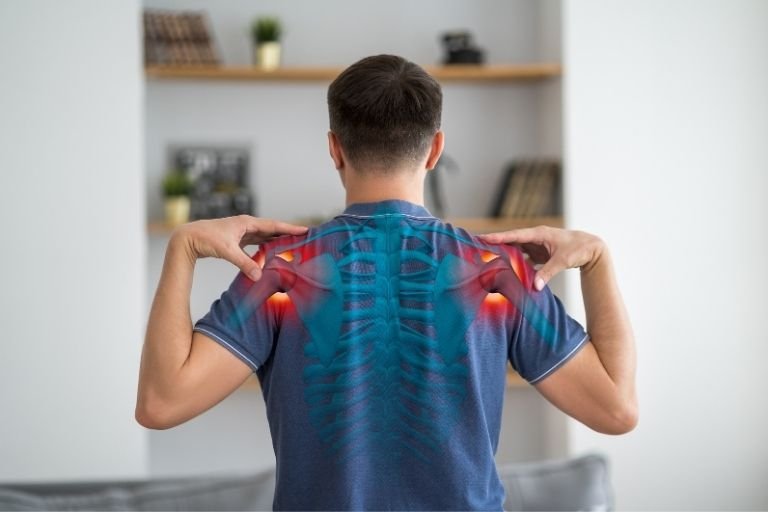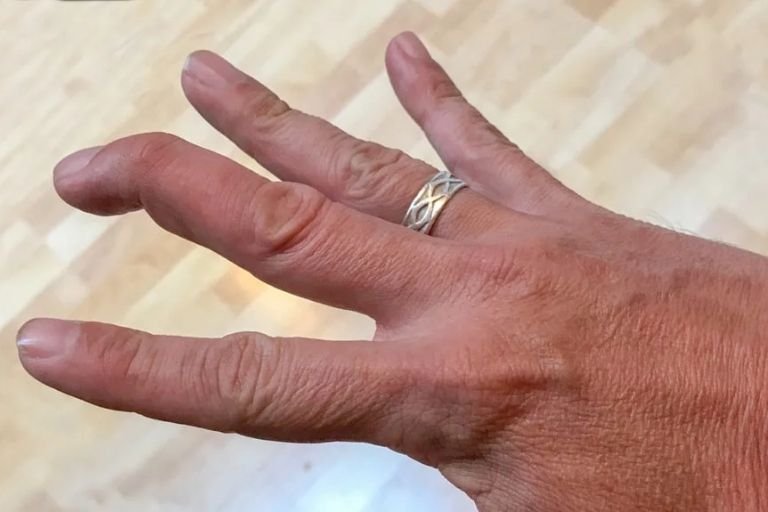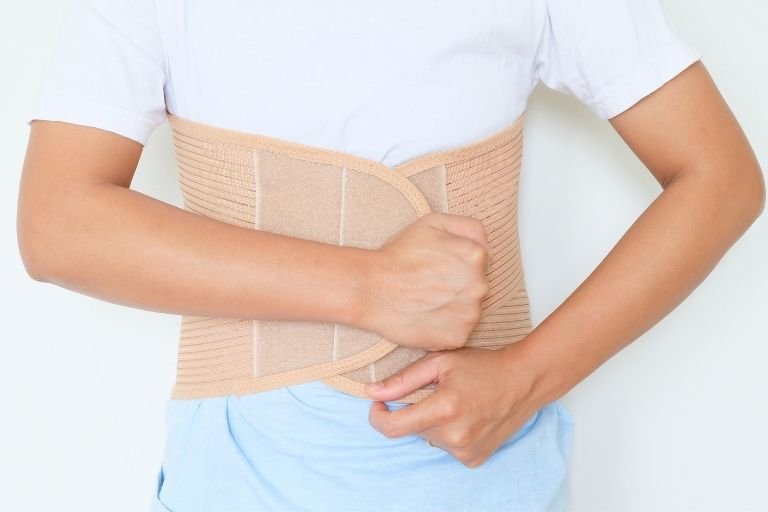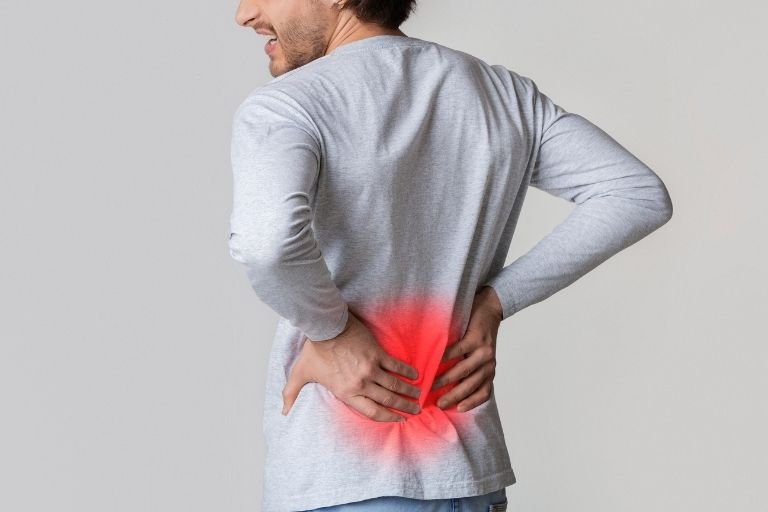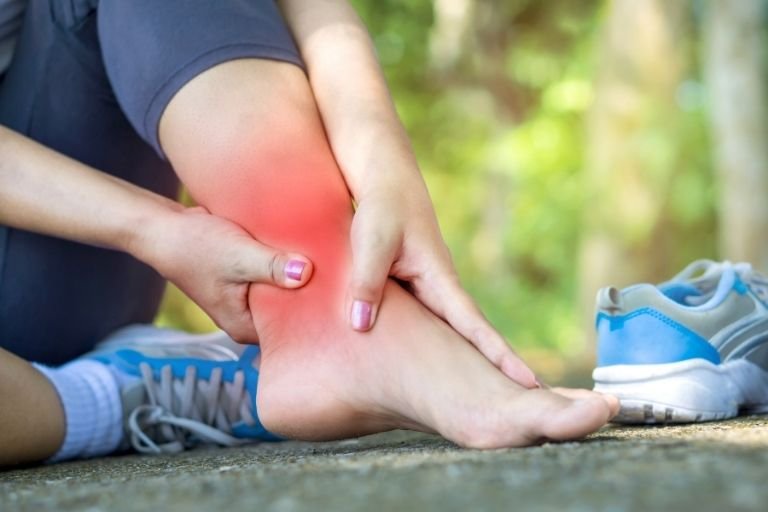- Fitwell Physiotherapy
Indigestion

Indigestion, also known as dyspepsia, is a common digestive disorder that affects millions of people worldwide. It’s characterized by discomfort or pain in the upper abdomen, often accompanied by bloating, gas, nausea, and a feeling of fullness after eating. While indigestion is usually not a serious condition, it can significantly impact a person’s quality of life if left untreated.
Please submit your details below.
Symptoms:
- Pain or discomfort: Typically felt in the upper abdomen, though it can also occur in the chest.
- Bloating: Feeling full or swollen in the abdomen, often accompanied by gas.
- Nausea and vomiting: Some individuals may experience nausea or vomiting, especially after eating.
- Acidic taste: A sour or acidic taste in the mouth, often accompanied by burping.
- Heartburn: A burning sensation in the chest, often occurring after eating or when lying down.
Causes:
- Overeating: Consuming large meals or eating too quickly can overwhelm the digestive system, leading to indigestion.
- Fatty or spicy foods: Certain foods, such as those high in fat or spice, can irritate the stomach lining and trigger indigestion.
- Stress and anxiety: Psychological factors can influence digestion and contribute to indigestion symptoms.
- Smoking: Tobacco use can weaken the lower esophageal sphincter, allowing stomach acid to reflux into the esophagus, leading to indigestion.
- Medications: Some medications, such as nonsteroidal anti-inflammatory drugs (NSAIDs) and antibiotics, can irritate the stomach lining and cause indigestion.
When to See a Physiotherapist:
If indigestion symptoms persist or worsen despite lifestyle changes and over-the-counter remedies, it’s advisable to consult a healthcare professional, such as a physiotherapist. They can assess your symptoms, perform relevant tests, and provide personalized treatment recommendations.
Risks:
Untreated or chronic indigestion can lead to complications such as:
- Gastric ulcers: Prolonged irritation of the stomach lining can lead to the formation of ulcers.
- Gastroesophageal reflux disease (GERD): Persistent acid reflux can damage the esophagus and increase the risk of developing GERD.
- Malnutrition: Difficulty digesting food can lead to inadequate nutrient absorption, potentially causing malnutrition over time.
How to Prevent:
- Eat smaller meals: Opt for smaller, more frequent meals to prevent overloading the digestive system.
- Avoid trigger foods: Identify and avoid foods that trigger your indigestion symptoms, such as spicy or fatty foods.
- Manage stress: Practice relaxation techniques such as deep breathing, meditation, or yoga to reduce stress and promote healthy digestion.
- Quit smoking: If you smoke, quitting can help improve digestion and reduce the risk of indigestion.
- Limit alcohol and caffeine: Both alcohol and caffeine can irritate the stomach lining, so it’s best to consume them in moderation.
Treatments:
- Antacids: Over-the-counter antacids can help neutralize stomach acid and provide temporary relief from indigestion symptoms.
- Proton pump inhibitors (PPIs): These medications reduce the production of stomach acid and are often prescribed for more severe or persistent cases of indigestion.
- H2-receptor antagonists: Similar to PPIs, H2-receptor antagonists work by reducing stomach acid production and can help alleviate indigestion symptoms.
- Prokinetics: In some cases, medications that promote stomach emptying, known as prokinetics, may be prescribed to help improve digestion.
- Lifestyle changes: Adopting healthy lifestyle habits, such as maintaining a balanced diet, avoiding trigger foods, and managing stress, can often alleviate indigestion symptoms without the need for medication.
Overall, indigestion is a common digestive issue that can usually be managed with lifestyle changes and over-the-counter remedies. However, if symptoms persist or worsen, it’s important to consult a healthcare professional for proper evaluation and treatment.
Frequently Asked Questions
Related Conditions
How Fitwell Physiotherapy Can Help?
Dr. Richa’s Fitwell physiotherapy has an extensive team of physiotherapists all within their own specialist areas of physiotherapy. Whatever your condition, we guarantee that we will have the best physiotherapist for you. We assess, diagnose, plan, cure and care for you.
Fitwell Physiotherapy Clinic, Pune provides you best physiotherapy treatment in Kharadi, pune. We also serve Chandan Nagar, Vadgaon Sheri, Keshav Nagar, Wagholi & nearby Areas in Pune. We are experts in treating Neck Pain, Hand Pain, Back Pain, Lower Back Pain, Knee Pain, Stiff Neck, Sciatica, Arthritis, Stroke Paralysis & Post Surgical Rehab.
We provide Specialized physiotherapy treatments in Sports Injuries, Pre and post Surgery, Neurologic, Pediatric, Chronic Pain/Fatigue, Rheumatology, Women’s Health, Men’s Health, Ergonomics, Vestibular, Amputees & all sort of Pain treatment and lifestyle conditions.






















